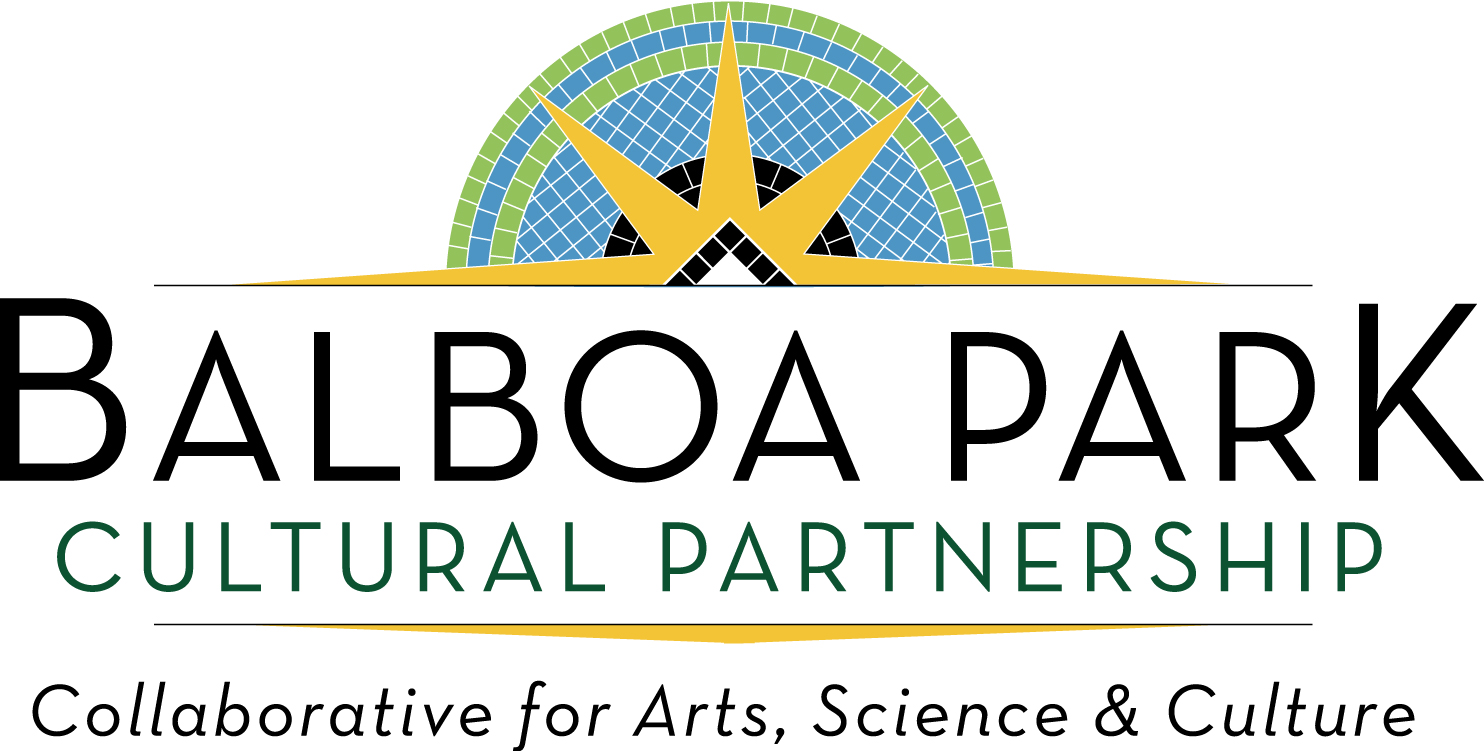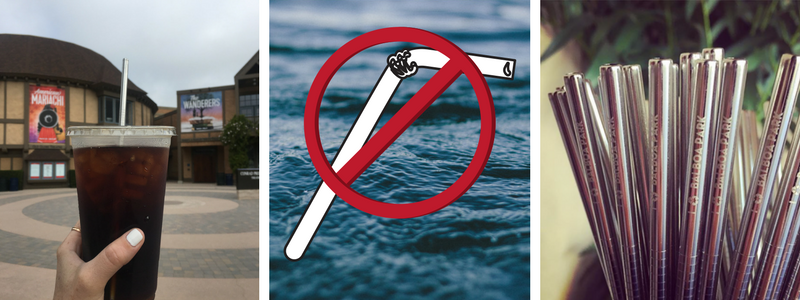With the arrival of the month of April comes nicer San Diego weather and, of course, Earth Month. April is always full of sustainability initiatives to celebrate Earth Month and Balboa Park is no exception. This year, to celebrate and to avoid single-use plastic straws, staff members of 14 Balboa Park organizations have signed a pledge to go strawless for the duration of the month of April. Staff members of San Diego History Center, Fleet Science Center, San Diego Natural History Museum, San Diego Civic Youth Ballet, Balboa Park Online Collaborative, Mingei International Museum, Balboa Park Cultural Partnership, The Old Globe, Centro Cultural de la Raza, Japanese Friendship Garden, The Veterans Museum at Balboa Park, San Diego Junior Theatre, San Diego Youth Symphony, and San Diego Model Railroad Museum have signed Balboa Park Sustainability Program’s pledge to go strawless in April. The sphere of influence has reached 176 pledge participants, including San Diego City Councilmember Lorie Zapf.
Fueled by the approval of the Mayor’s Climate Action Plan (CAP) in 2015, our program is driven to meet and exceed waste diversion efforts in Balboa Park, and we are increasing those efforts in 2018 with exploring the idea of bringing composting to the Park and much more. The CAP’s Zero Waste Plan mandates 75% waste diversion by 2020, 90% waste diversion by 2035, and ultimately, 100% diversion by 2040. View the full CAP here. Californians have already been diverting 50% of our waste since 2000 as mandated by AB 939 in 1989.
A common misconception is that straws are recyclable, as they are made of plastic. In reality, they are too small and lightweight to fit through recycling machines so they are classified as general trash and end up in the landfill. When straws are not properly disposed of they can also end up in our waterways, including the oceans, adding pollution, harming sea life, and cycling back to us in our food. Single-use disposable plastic straws take well over 2,000 years to decompose so they will be a continuous issue for future generations if no action is taken. According to The Last Plastic Straw, in the US, we use 500 million plastic straws a day! That is enough waste to wrap around the equator 2.5 times or to fill Yankee Stadium more than 9 times in just one year! This is an average of 2 straws per person per day, just in the US alone. San Diego is an environmentally conscious city and Balboa Park aims to be the most sustainable park in the nation. We have the unique opportunity to showcase a sustainably operated park, and we are well on our way towards zero waste.
This pledge has helped open the dialogue about plastic straws and about waste in general. A bonus that has stemmed from the conversation around the pledge is sharing of initiatives that other organizations in the Park are already doing to go strawless. The San Diego Zoo has already done away with single-use plastic straws site-wide. As Director of Performance Improvement, Adam Ringler, puts it, “The San Diego Zoo supports sustainability goals of reducing unnecessary plastic in the environment; and to help achieve this goal we don’t provide either straws or lids for our disposable drinks sold at the San Diego Zoo. We do sell souvenir drink cups, which guests take home, and can be refilled at a discounted price, and these come with permanent straws and lids, which are reusable. Eliminating straws and lids have multiple benefits. It helps to keep our animal collection safe from foreign objects getting into their exhibit, it reduces plastic waste from going into the landfill, and it’s a learning component for our guests as it encourages them to be more aware of their plastic consumption, and provides them with a sustainable alternative to disposable drinkware.” The San Diego Natural History Museum’s Flying Squirrel Café recently switched from plastic straws to compostable paper straws. According to the museum’s Director of Food and Beverage, Ryan Hammond, “The decision was rooted in both personal ideals and The Nat’s mission—we are always striving to minimize the Museum’s carbon footprint. This is a small start to the many changes we plan to make to reduce waste in the café.” The San Diego Civic Youth Ballet stopped purchasing straws for office use some time ago and when they use the historic Casa del Prado Theatre for performances, they make the conscious decision to not sell items that require the use of straws.
With over a dozen concessions in the Park, there is significant untapped potential for waste diversion. We are eager to bring diversion efforts to our member organizations’ food venues, but we are also poised to spread the influence even wider by integrating waste diversion plans at venues in the Park run by external companies. Panama 66 is an example of a restaurant in the Park that is already plastic straw-free. They purchase paper straws made by American company, Aardvark Straws. Minimizing, or even ridding the Park of plastic straws is where we are headed and it can definitely be done.
If you would like to minimize your plastic waste, we will have a booth at EarthFair on April 22 from 10:00 am to 5:00 pm and we will have reusable metal straws as prizes! In the meantime, to minimize your use of disposable plastic straws, what you can do is ask for no straw with your drink, choose a beverage that does not require a straw, or purchase a reusable straw of your own!

